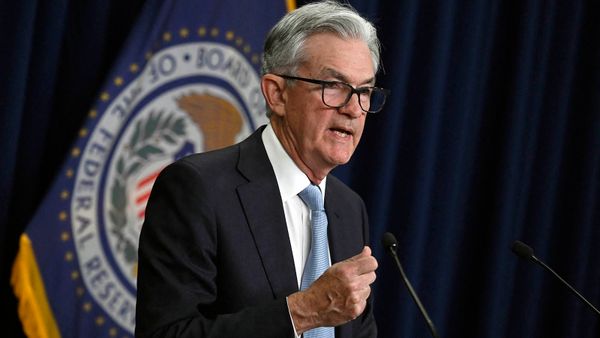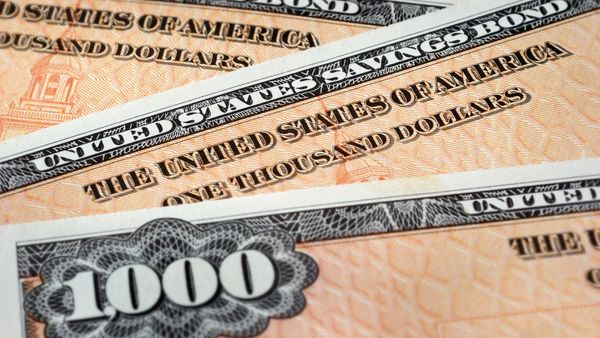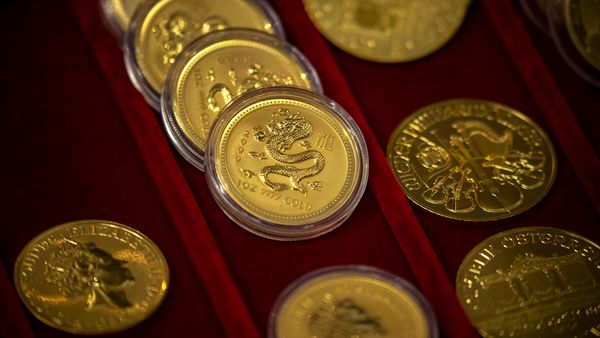
It's been a long time since Americans had to worry about inflation. Inflation is the rate at which prices go up in the economy and it's measured as a percentage increase from year to year. Inflation is why the average new car cost $3,000 in the late 1960s, but now sells for more than $47,000 (up from $40,000 in 2021). Inflation isn't a problem as long as it increases slowly and steadily, and wages are able to keep pace.
Between Great Recession of 2008 and the economic slowdown of 2020, the inflation rate wasn't above 3.8 percent and mostly stayed below 2 percent. In fact, you'd have to go back to the late 1970s and early 1980s to find double-digit inflation rates in the U.S.
Advertisement
But inflation began to climb in 2021, and in the past 12 months or so, it has shot up. In June 2022, the inflation rate rose a whopping 9.1 percent from June 2021, the Bureau of Labor Statistics reported. This was the fastest pace for inflation since November 1981, according to CNBC. Higher prices for groceries, gas and rent caused much of the inflation.
In 2021, the Fed and most economists blamed the dramatic jolt in inflation rates on the reopening of the U.S. economy after a yearlong pandemic. When the supply of things like used cars failed to match the sudden increase in demand, prices rose accordingly. Conventional wisdom was that prices would stabilize when the sluggish supply chain kicked back into high gear. But a year later, prices still remain high and the supply chain is still clogged. Russia's war in Ukraine (which is increasing energy costs), heavy demand for dining out and travel and big infusions of cash through government aid while the supply of goods and services remains limited, are just some of the reasons being given for inflation.
So, what if high inflation is here to stay, for months or even years to come? What can the average American do to protect their savings and investments against a slow and steady erosion of value? In 2021, we spoke to a pair of financial experts to identify the smartest (and dumbest) places to put your money when inflation is high.
Advertisement


